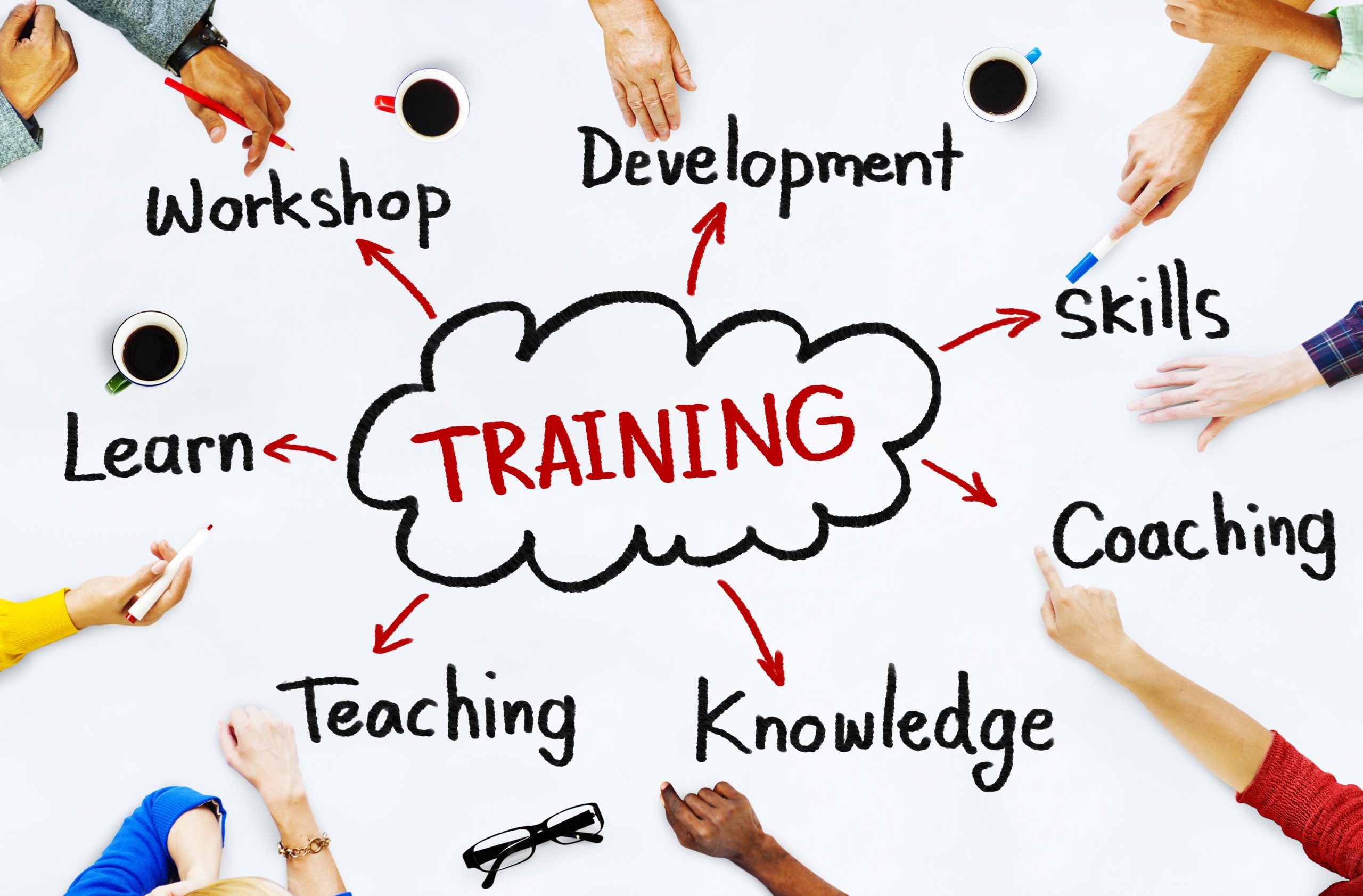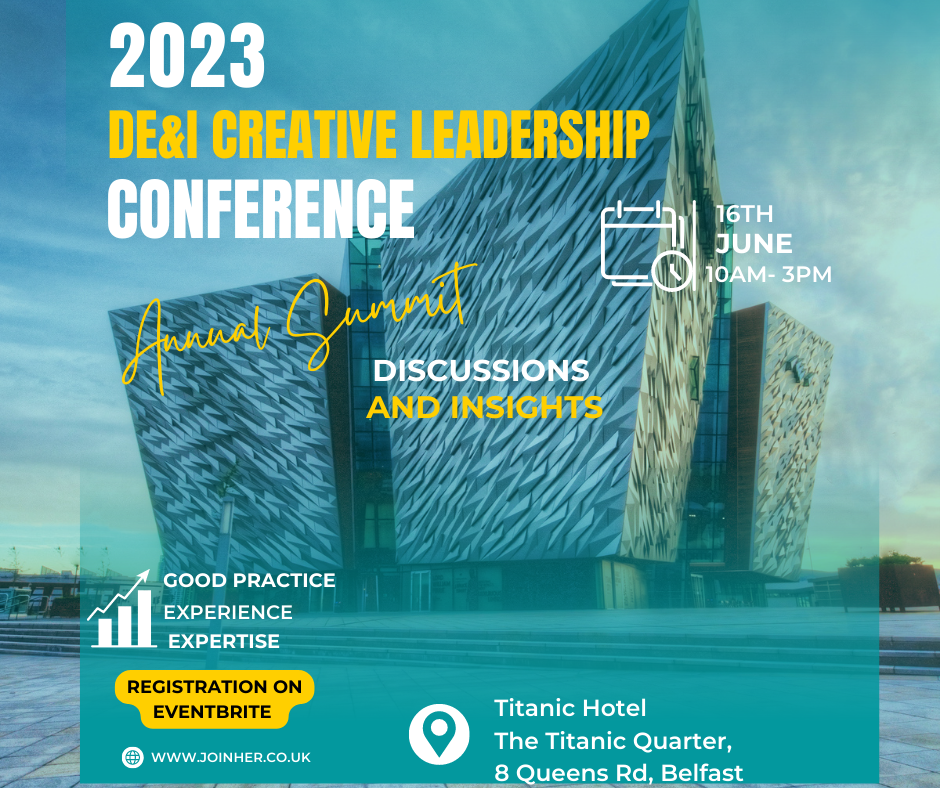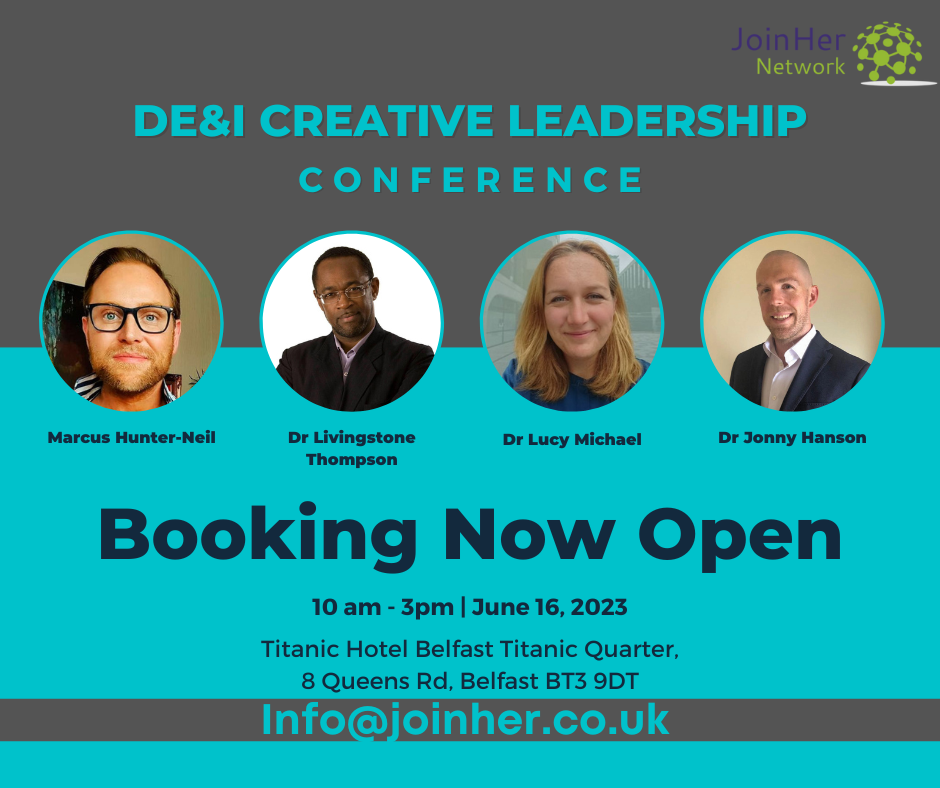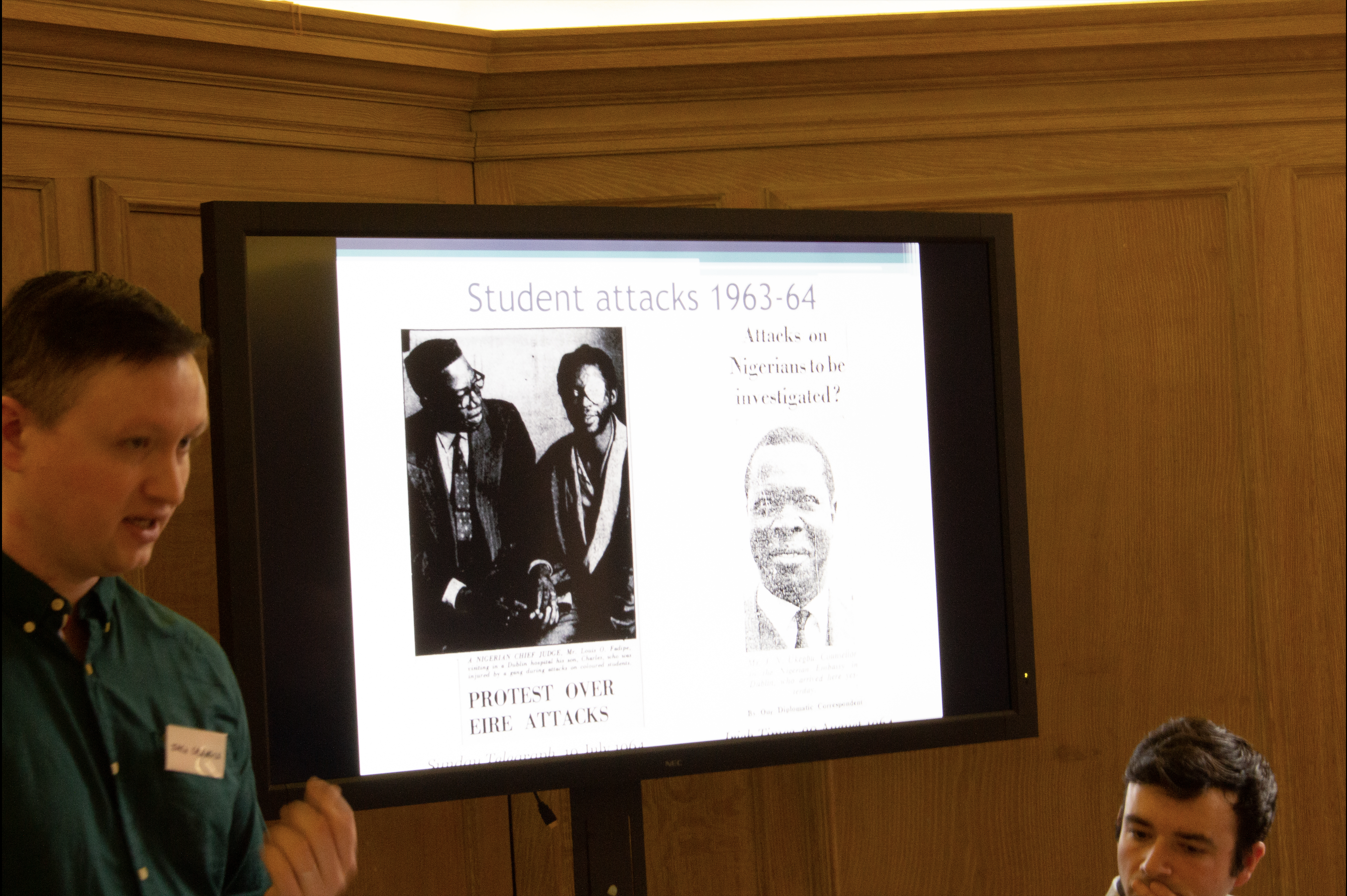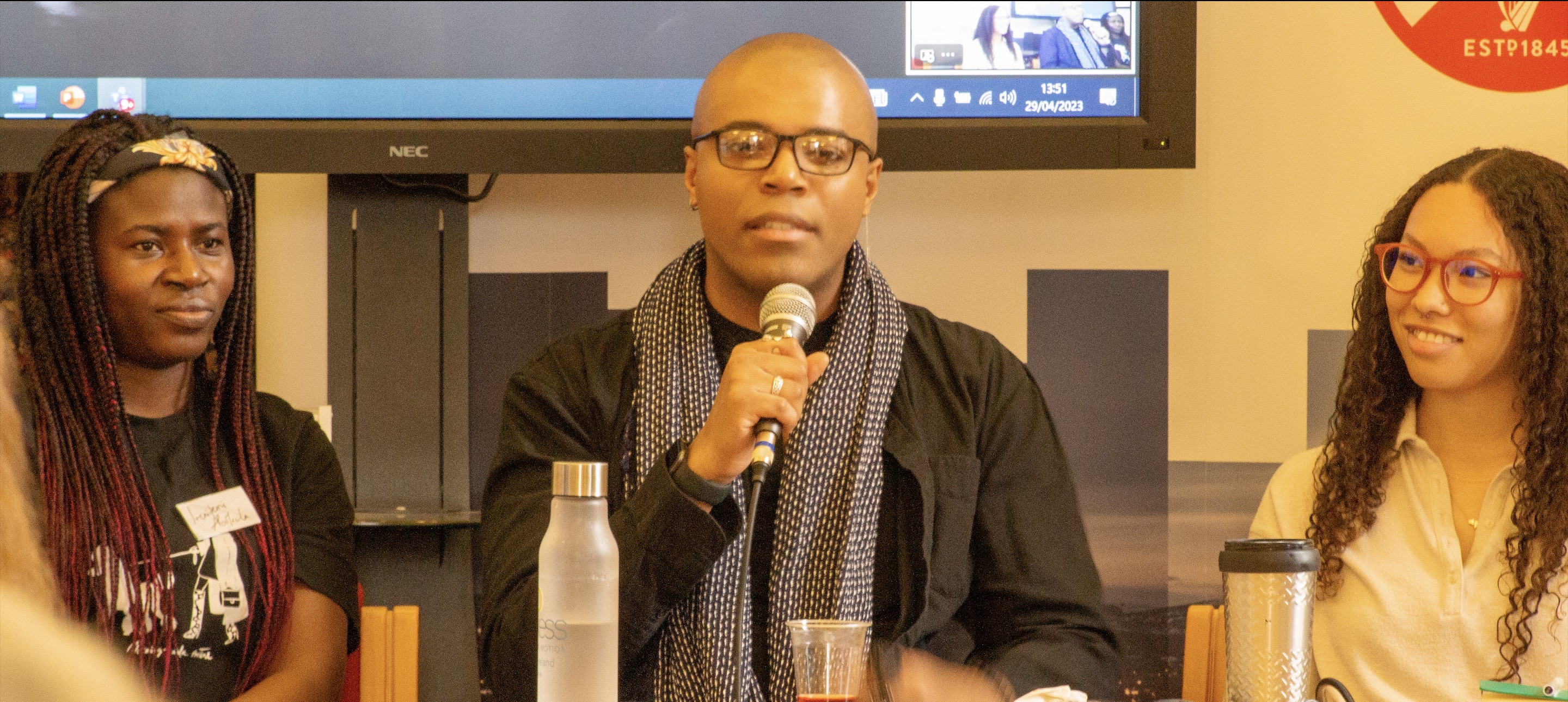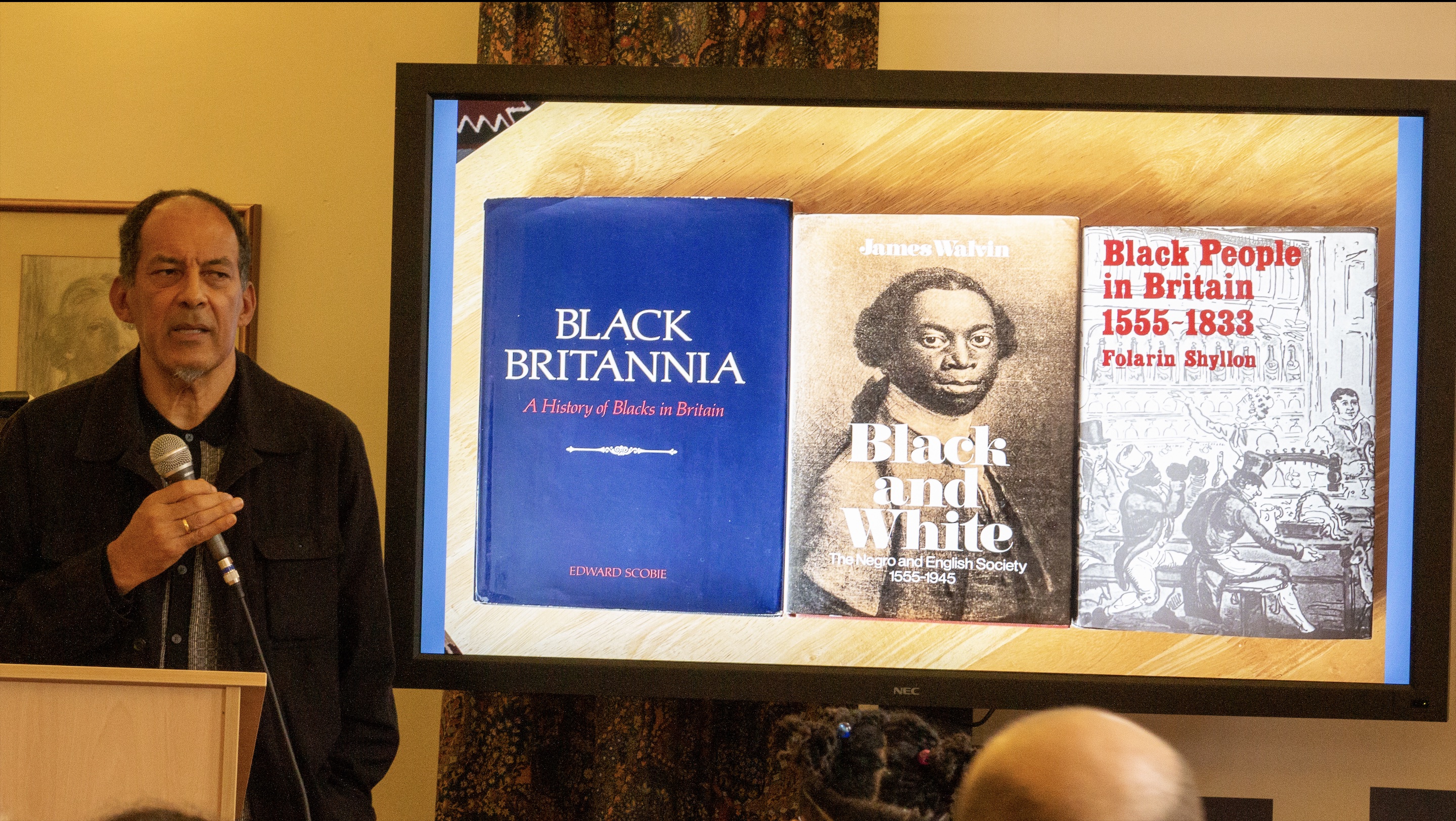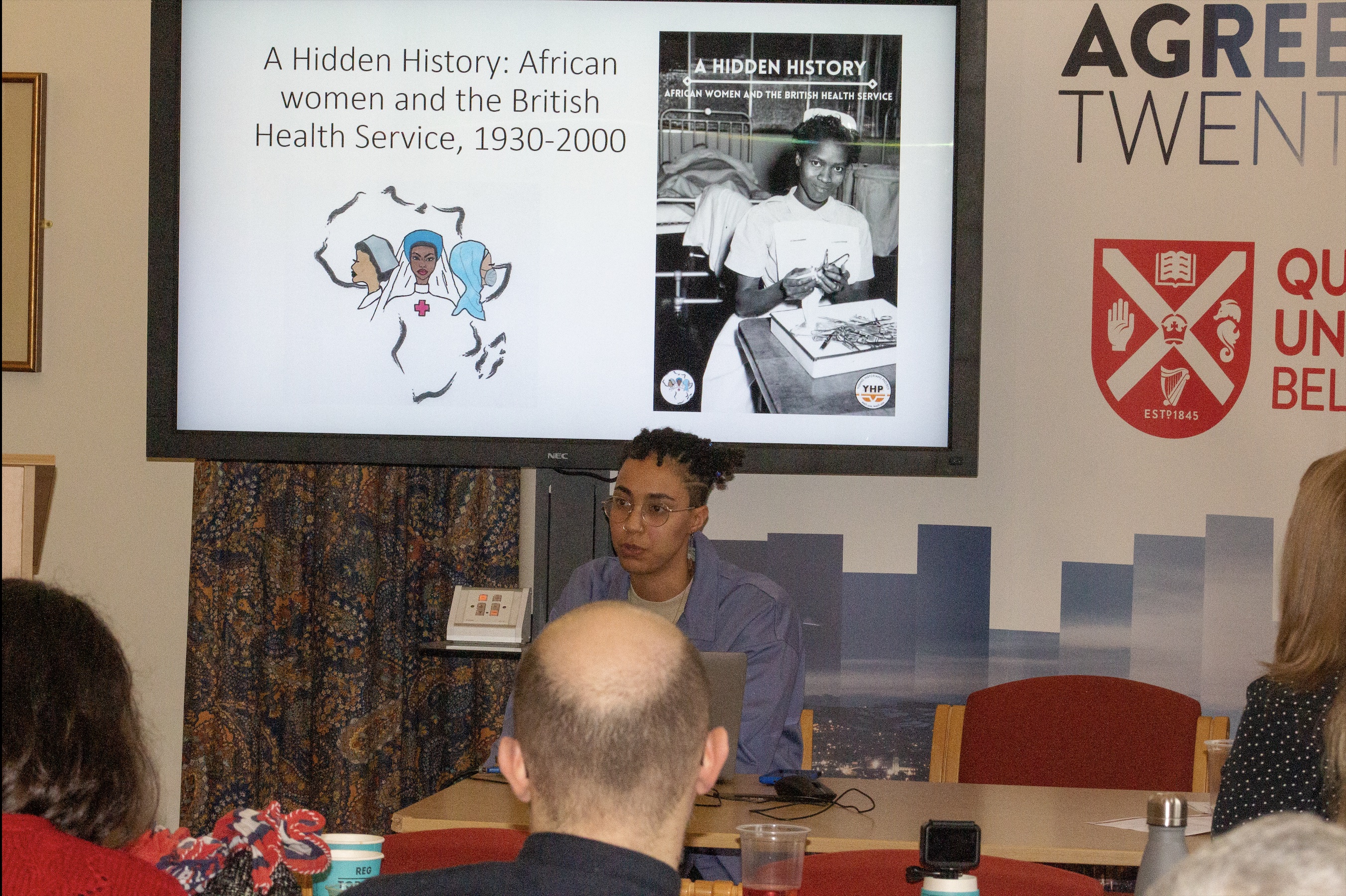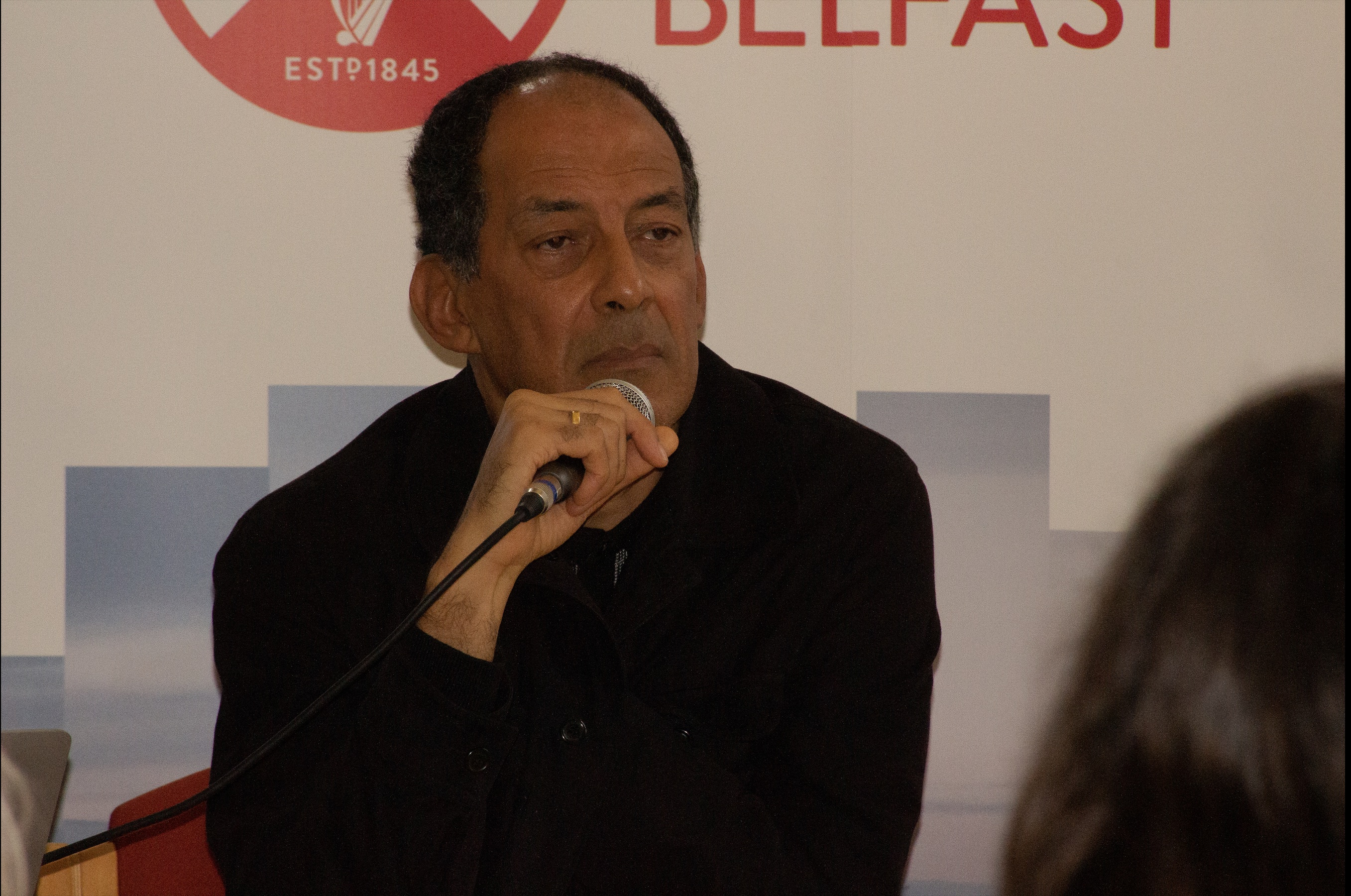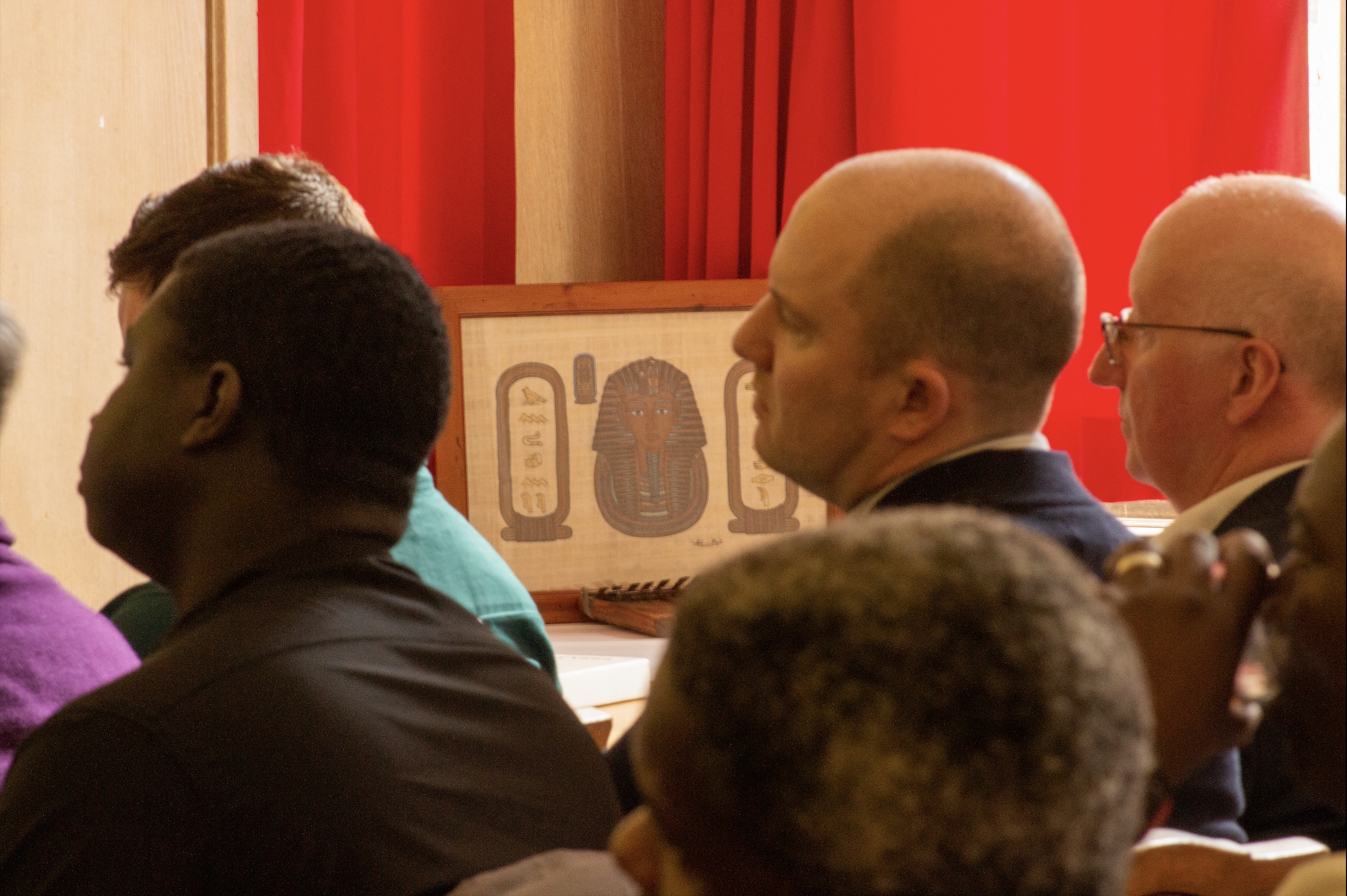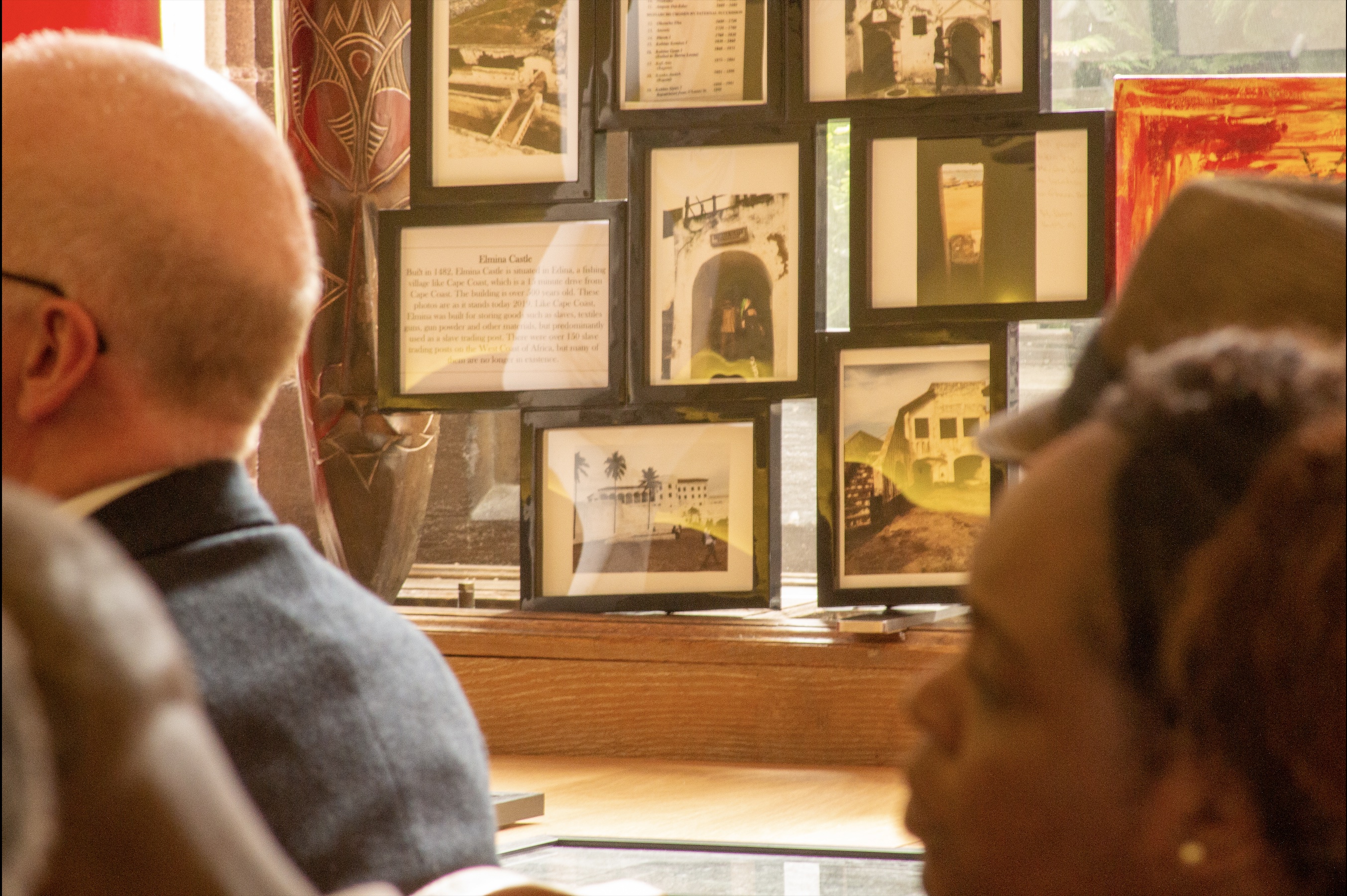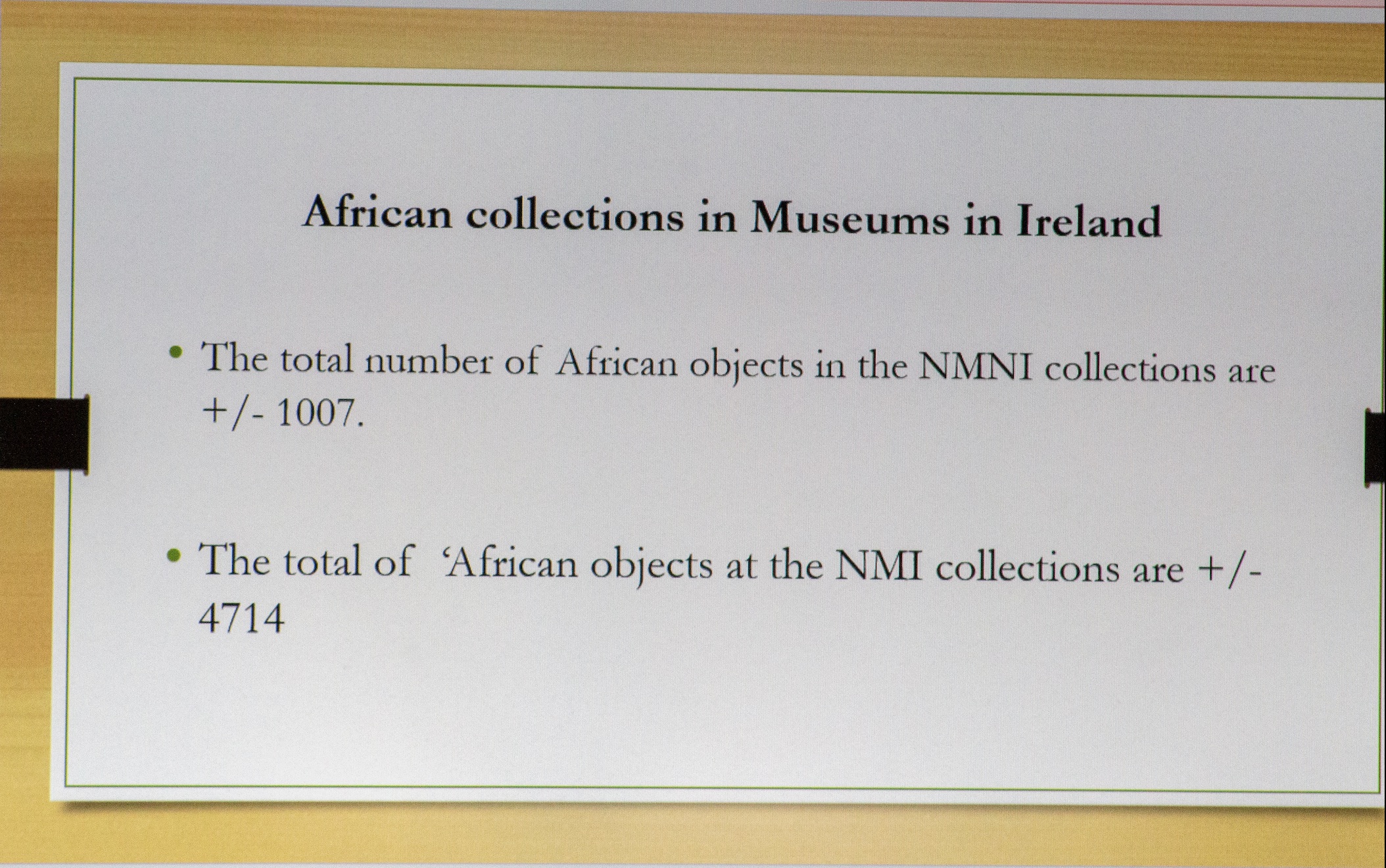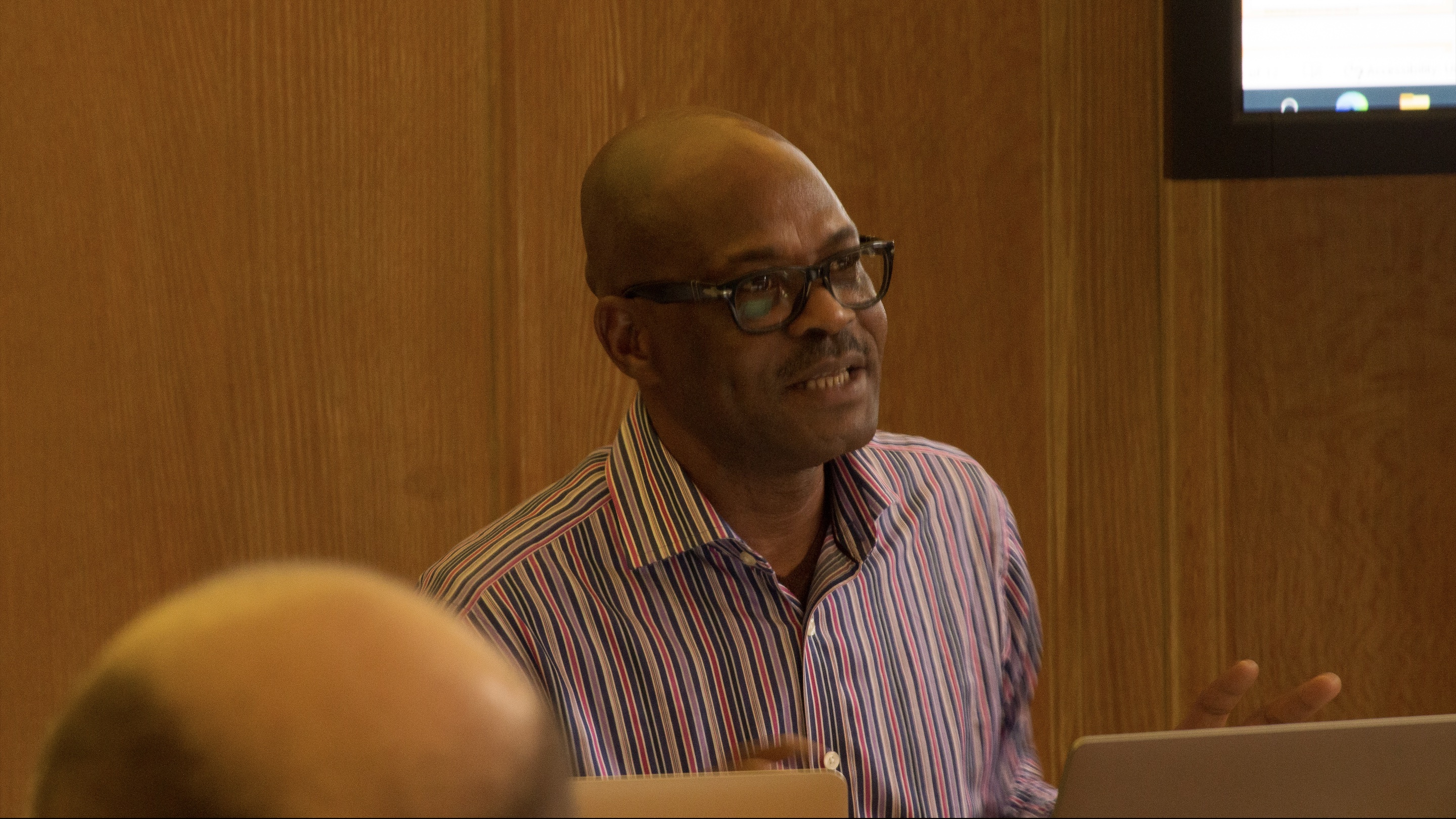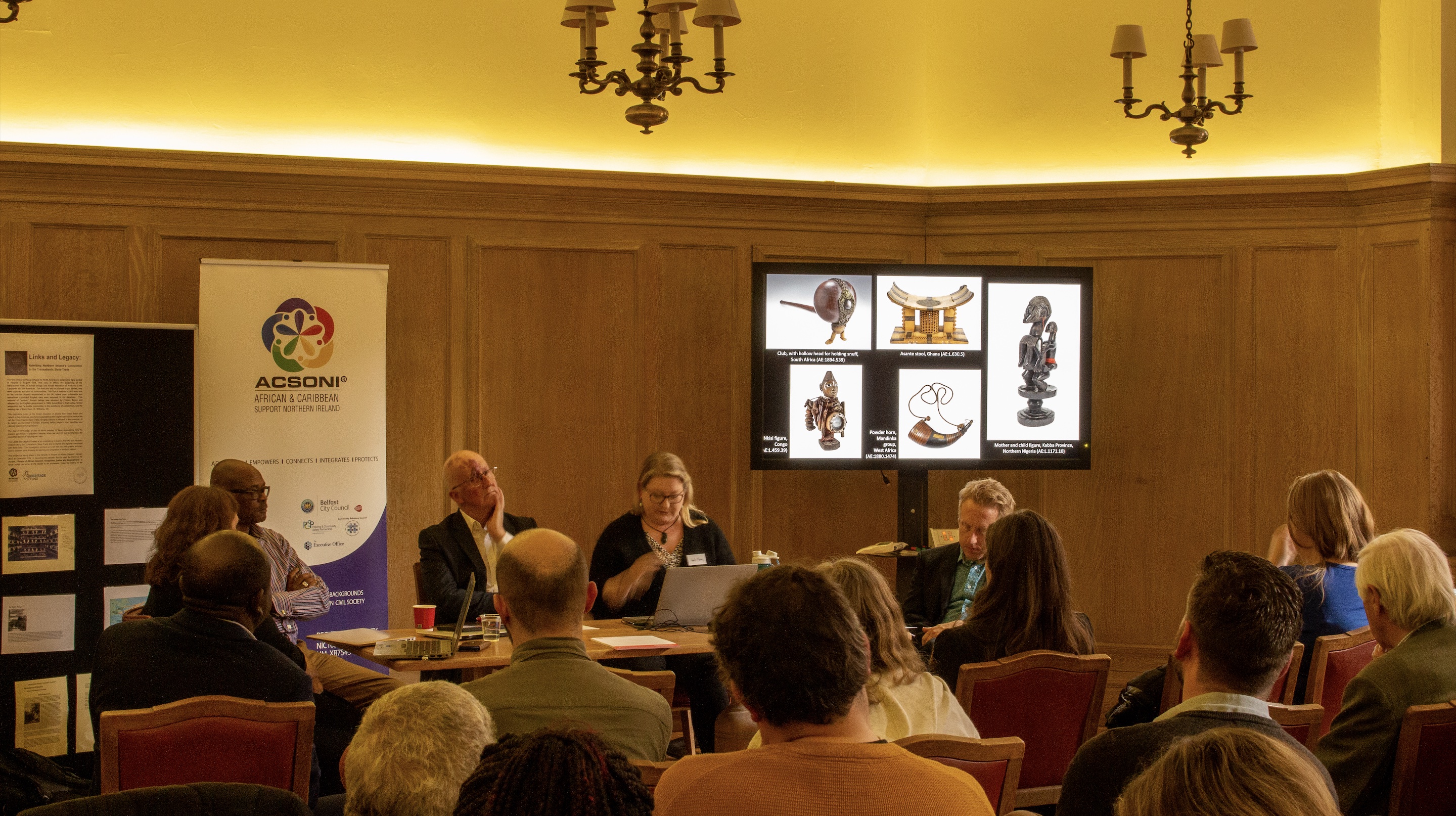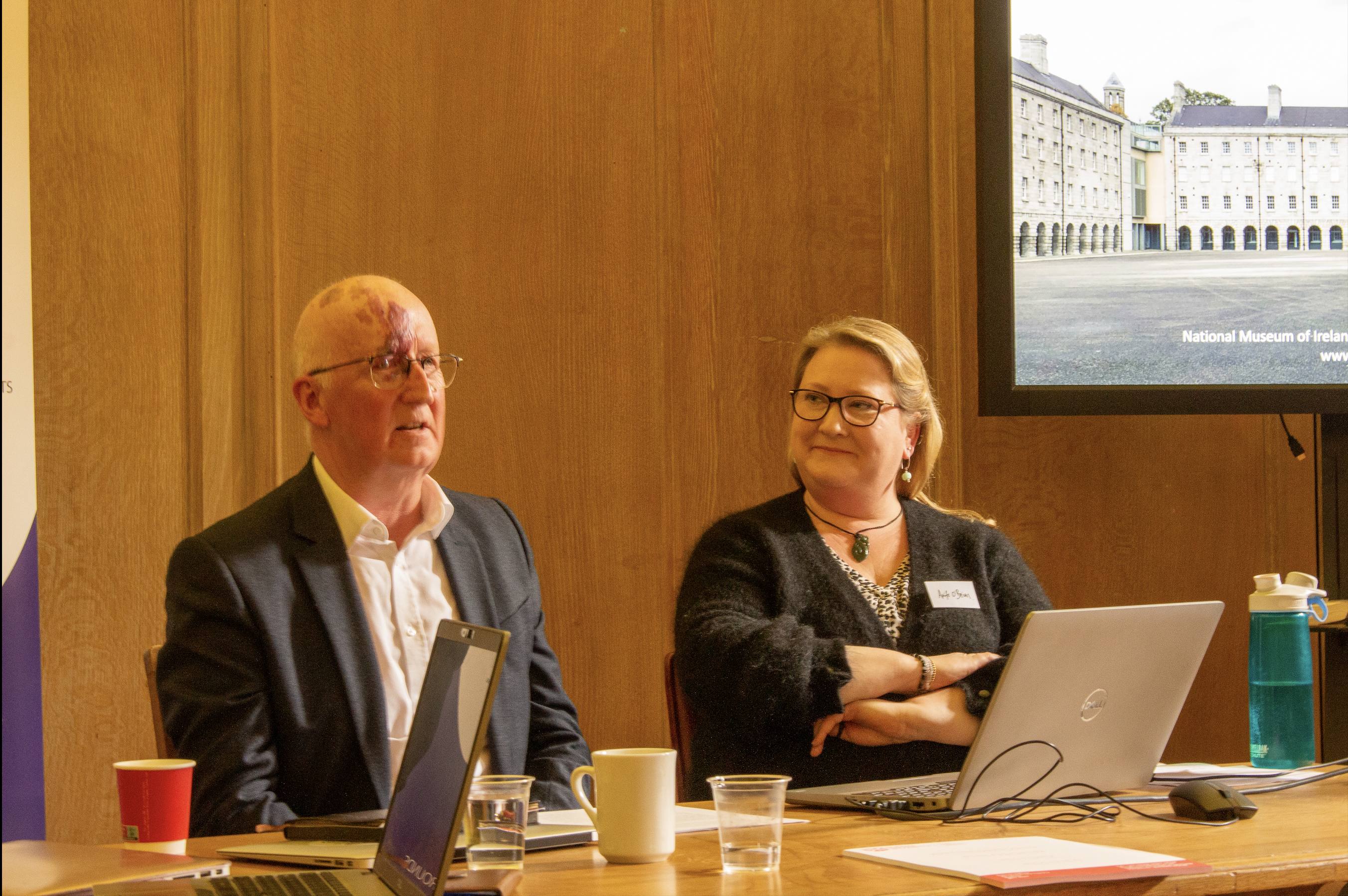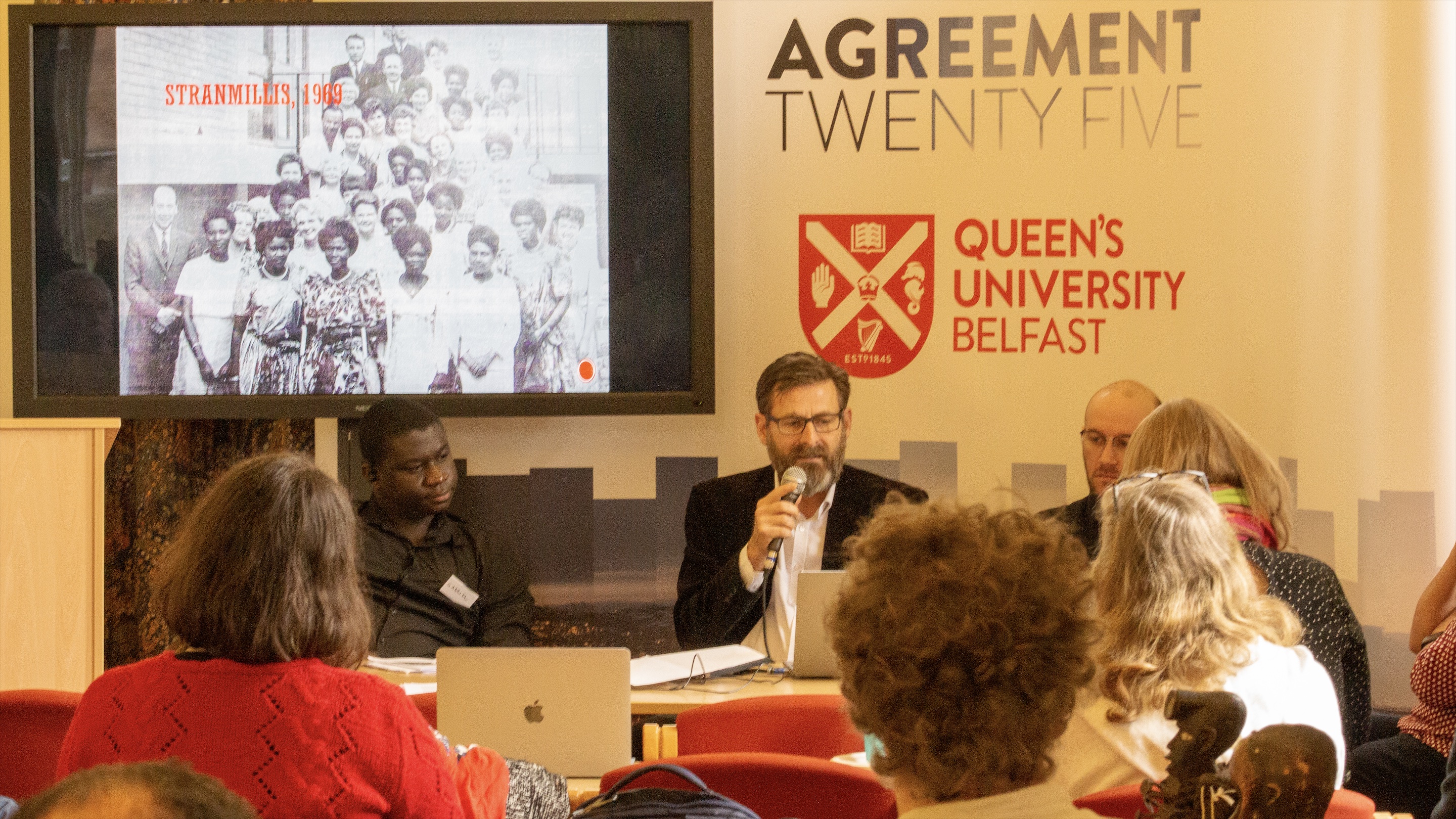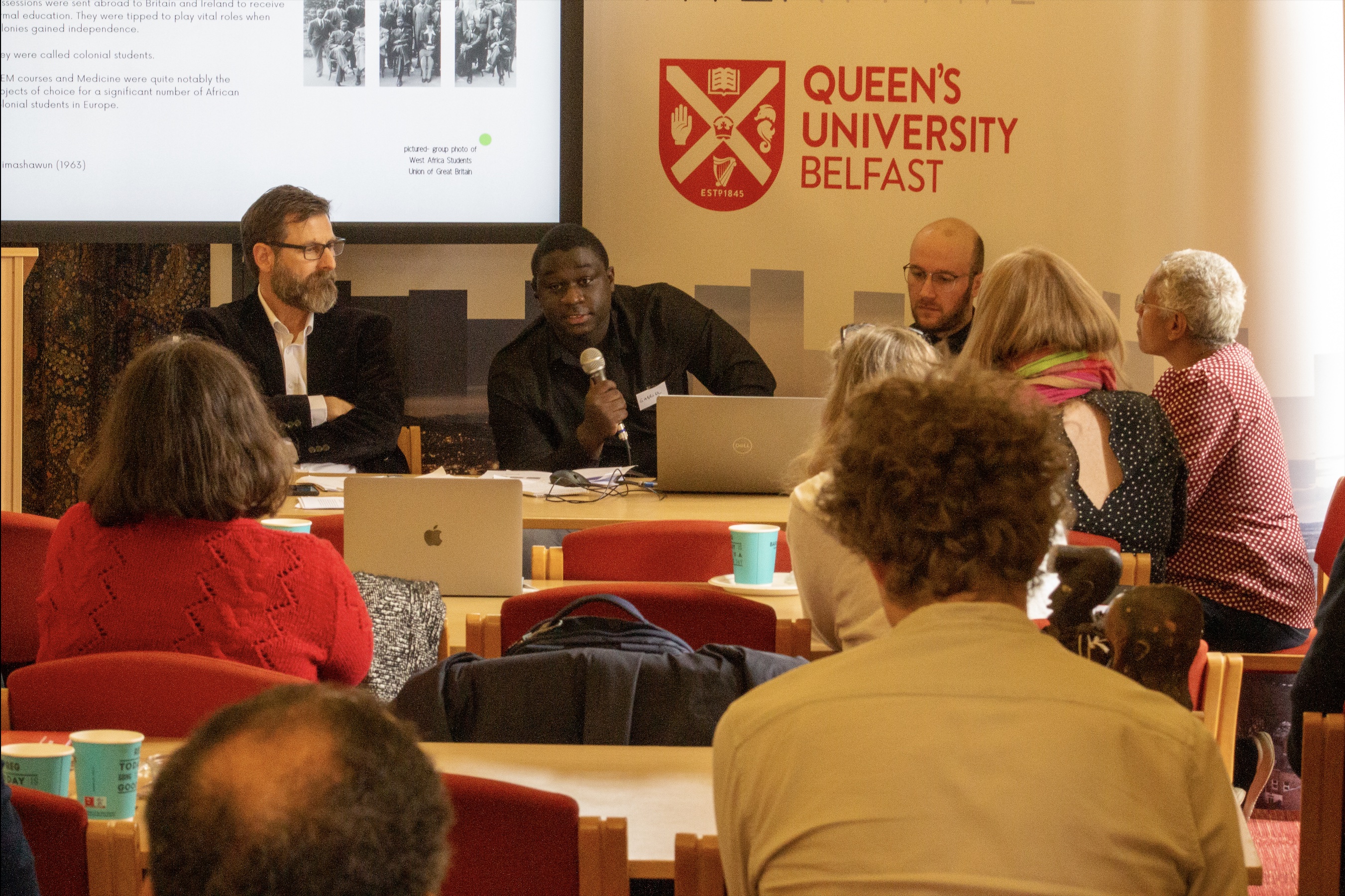Tender : Training Provider Needed
Training Provider Needed: Empowering ACSONI Staff and Volunteers for Effective Charity Work
Who we are:
The African and Caribbean Support Organisation Northern Ireland (ACSONI) is an autonomous community-based organization formed in 2003. We have a proactive approach towards targeting needs and facilitating a sense of belonging among individuals from Africa, the Caribbean, and other families in Northern Ireland with these linkages. ACSONI works extensively to alleviate the everyday pressures experienced by socially and economically disadvantaged communities. Our work includes dedicated drop-in support services and comprehensive programs that benefit the community. We also contribute to preserving and promoting the African and Caribbean peoples’ identity and cultural heritage through arts, education, cultural programs, and intercultural exchanges that aid in the wider integration process.
The work of the organization is delivered by:
A team of four staff members (Business Manager, Policy Officer, Finance Officer, and Key Worker).
Volunteers, including six trustees and the chair of five working groups.
Volunteers in working groups, namely: Education, Health, Policy & Human Rights, Women, Culture and Heritage.
Our Needs:
We need to strengthen the capacity of our staff and leading volunteers in diagnosing community needs, developing and delivering programs to meet specific outcomes. Areas that require strengthening include:
Program development and management
Charity funding and financial management
Diversity and inclusion training
Community engagement and strategic communication
Program evaluation and impact assessment
Recruiting and engaging volunteers
Cultivating customer centricity: understanding and responding to the needs of stakeholders and clients
Training Objective:
We are seeking a training provider to lead a training program that will deliver program development and management, community engagement and strategi communication and at least one other area of need listed above.
Award Criteria:
The training program must meet the following criteria:
Commence preferably in June 2023 and be completed within a specific time frame.
Delivered face-to-face.
Provide an evaluation and end-of-training report.
Include a plan to sustain training input.
Cost shall not exceed £4,000.00.
Target Audience:
This training is to be delivered to trustees, staff, and heads of working groups.
Training Methodology:
The training should be delivered through a combination of interactive presentations, group discussions, case studies, and practical exercises. Attendees will have the opportunity to learn from experienced trainers in the charity sector and share best practices with each other.
Expected Training Outcomes:
Improved understanding of the charity organization’s mission and how to achieve its goals.
Enhanced communication skills for fundraising, donor relations, and public outreach.
Improved project management skills for planning, executing, and evaluating charity projects.
Strategies to improve the effectiveness of volunteers in working groups.
Submission Guidelines:
Interested providers are invited to submit proposals to deliver the training by 5 pm on Monday, 29th May 2023. The submissions must include:
An outline of the strategy to deliver the training program within a specific time frame.
Details of areas to be covered and expected outcomes.
Costs (including provision for a training workbook).
Outline of the training provider’s experience.
Location options.
Please email submissions to businessmanager@acsoni.org
